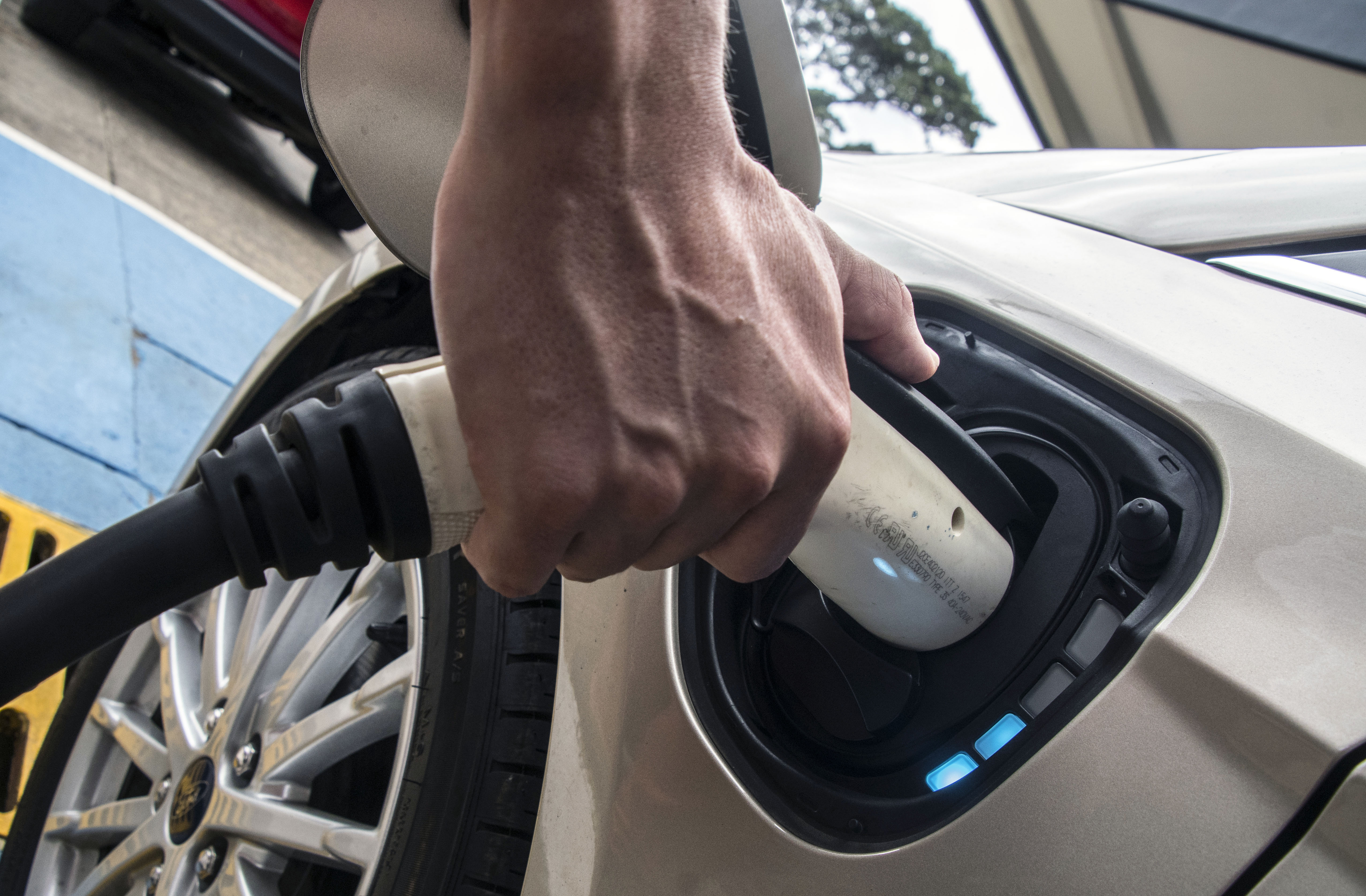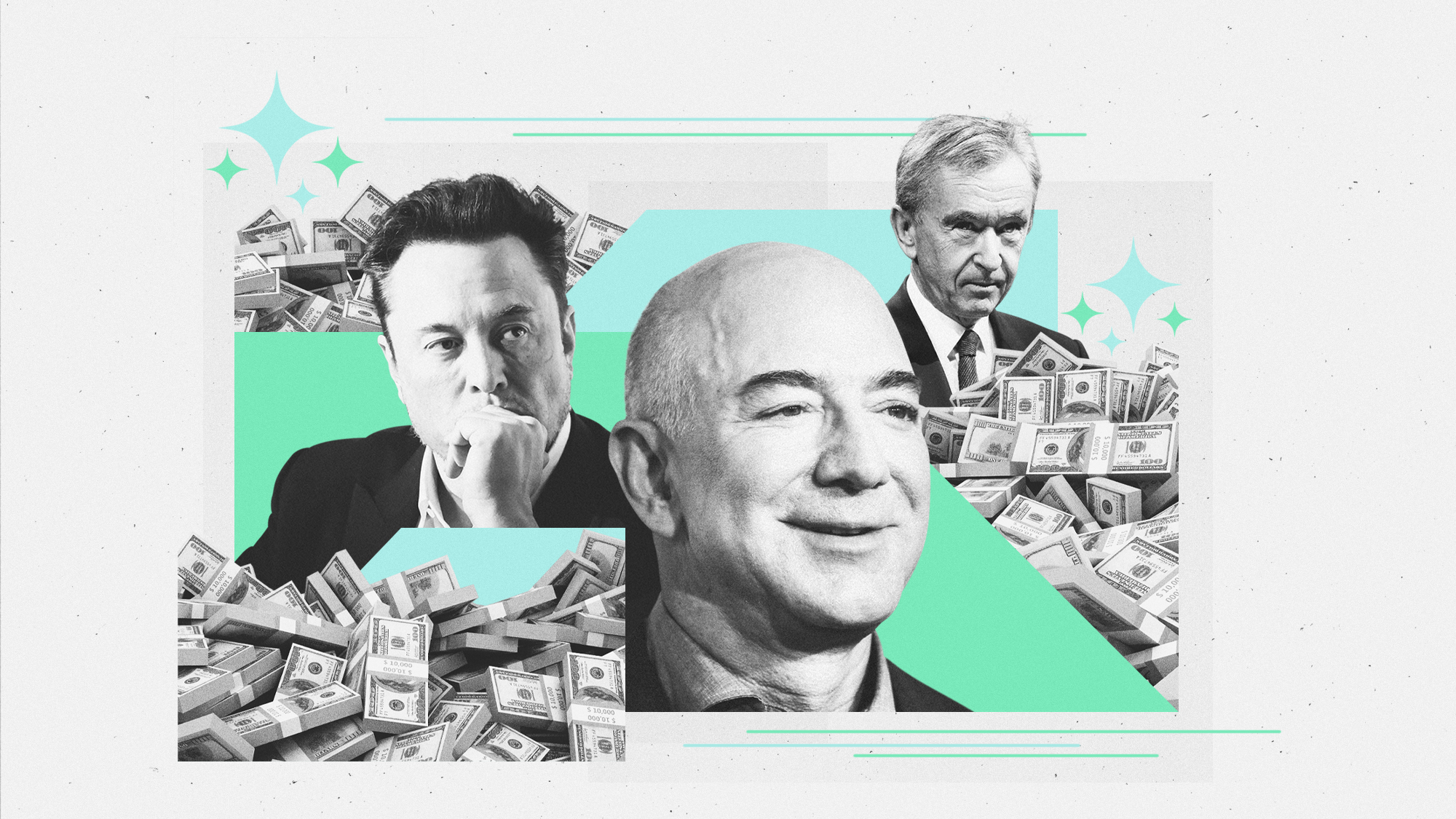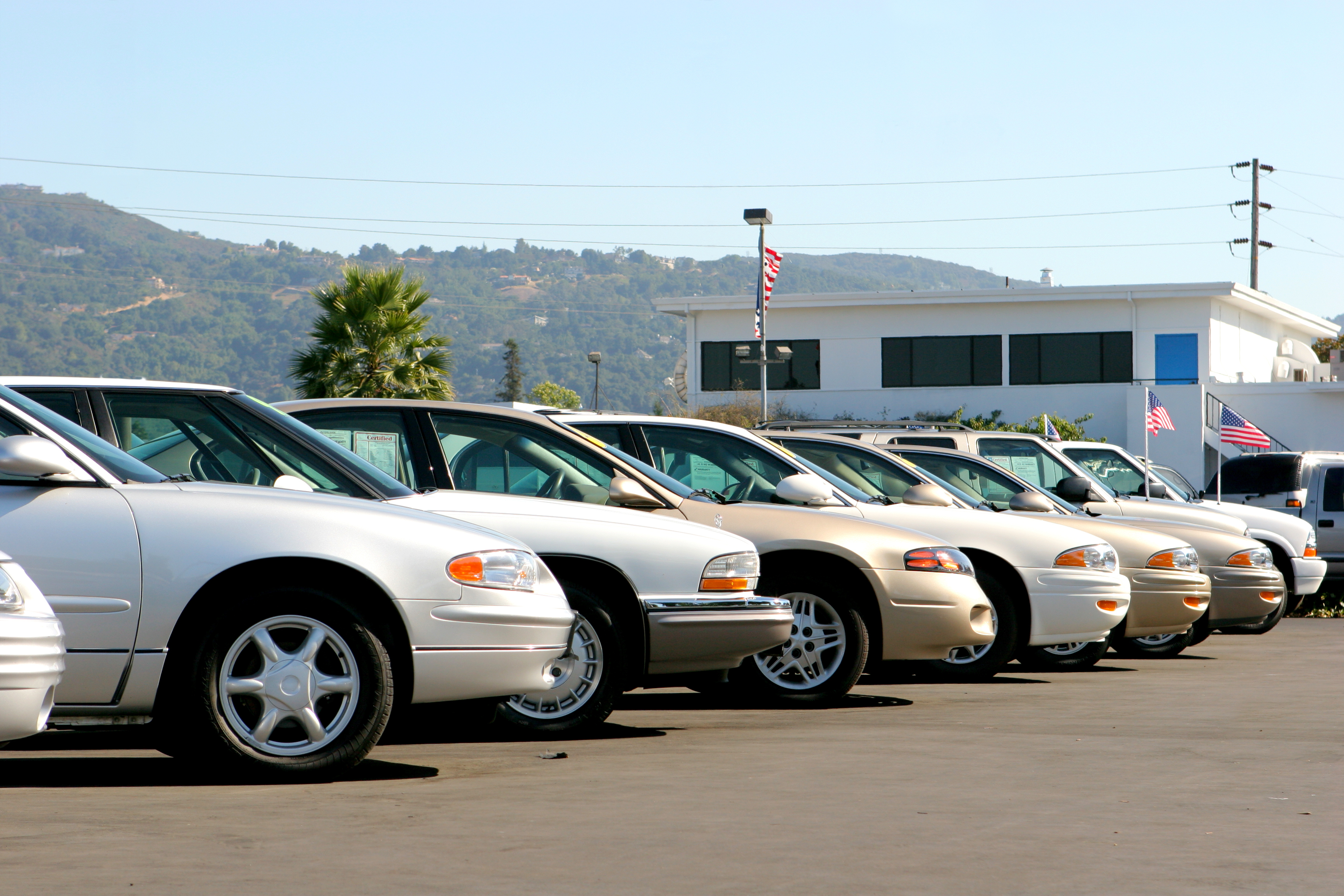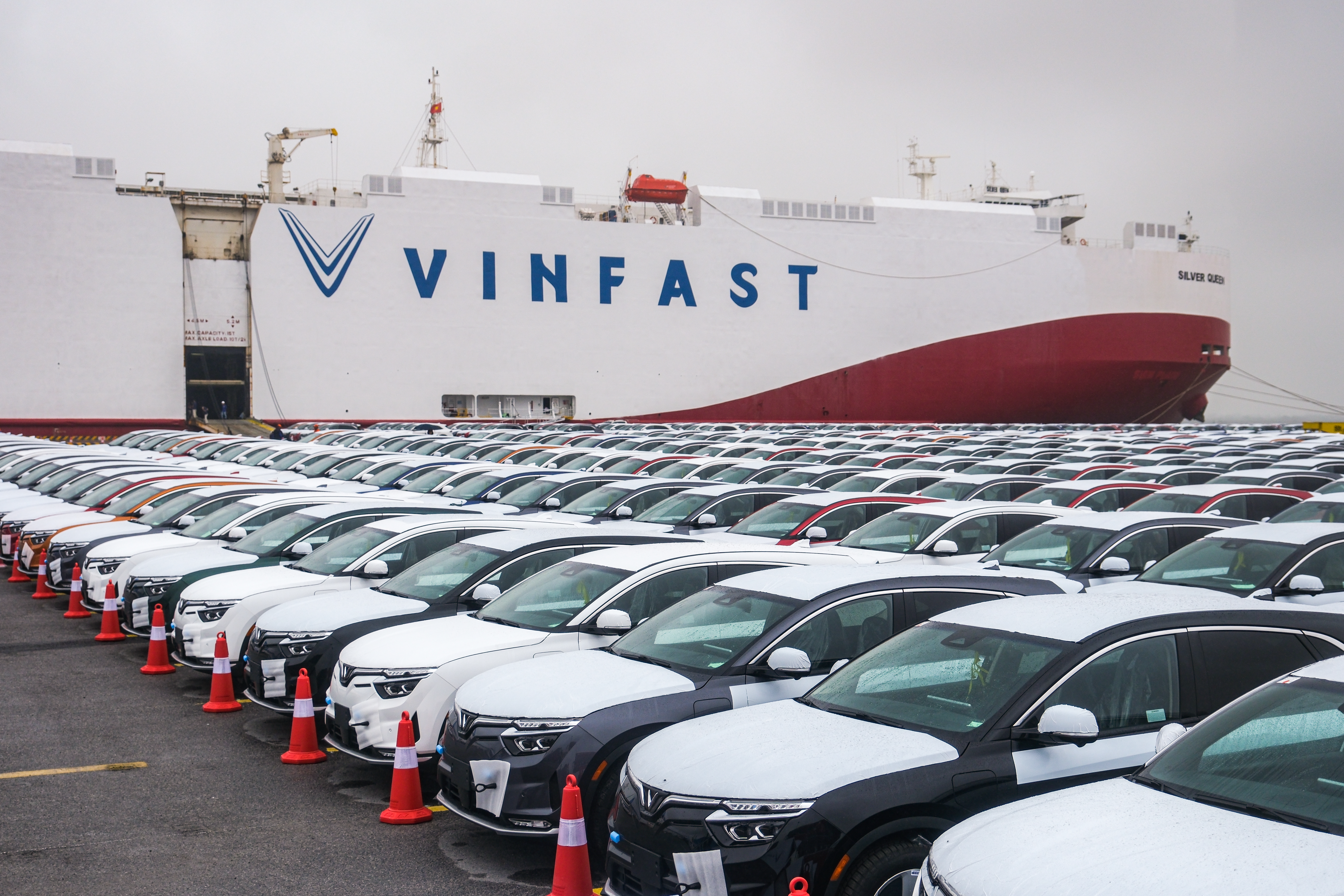The electric-vehicle revolution
Battery-powered cars and trucks are selling briskly. Will they soon rule the road?

A free daily email with the biggest news stories of the day – and the best features from TheWeek.com
You are now subscribed
Your newsletter sign-up was successful
Battery-powered cars and trucks are selling briskly. Will they soon rule the road? Here's everything you need to know:
What's changed?
Electric vehicles have become the hottest cars on the market. Demand for vehicles that run solely on batteries is so great that some buyers are forced to pay deposits months before their car is available. In a recent Pew survey, 39 percent of Americans said they're likely to make their next car electric. With auto tailpipes the single greatest source of U.S. emissions, the federal government is heavily incentivizing the switch to electric, offering $7,500 in federal tax rebates. Tesla, the reigning king of electric vehicles (EVs), sold nearly a million cars globally last year, up 87 percent, while sales for Ford's and GM's internal-combustion vehicles slumped. Europe, with EVs making up 14 percent of all vehicles sold in 2021, and China, with 9 percent, are further along than the U.S., which had 3 percent. But U.S. automakers are moving rapidly to electrify their fleets, as globally the industry invests $500 billion in new plants and technology. "It's one of the biggest industrial transformations probably in the history of capitalism," Scott Keogh, chief executive of Volkswagen Group of America, told The New York Times. "The investments are massive, and the mission is massive."
The Week
Escape your echo chamber. Get the facts behind the news, plus analysis from multiple perspectives.

Sign up for The Week's Free Newsletters
From our morning news briefing to a weekly Good News Newsletter, get the best of The Week delivered directly to your inbox.
From our morning news briefing to a weekly Good News Newsletter, get the best of The Week delivered directly to your inbox.
Why are buyers so hot on EVs?
Eliminating tailpipe emissions remains the top reason for going electric, but EVs have rapidly evolved. With their futuristic design and high-torque motors, electric cars are now widely seen as powerful, high-tech, and cool — even a status symbol. Ford's fully electric Lightning version of its F-150 pickup truck is the quickest F-150 ever built, going 0 to 60 mph in 4.4 seconds, and it can tow up to 10,000 pounds. Ford had to cap pre-orders at 200,000. "We're going to be able to sell every one we can build," a Ford official said. Tesla's Cybertruck, which starts at $39,900 and looks like it's from a science fiction movie set decades from now, generated 250,000 orders within days of debuting. Not only does the average EV save owners $500 annually on fuel costs, the price of the vehicles dropped 10.8 percent last year. Some buyers like the fact that EVs — which have no engine under the hood — offer a second trunk. Others like the ability to use the battery as a portable generator and power source. Ohio business owner Eddie Berry plans to use his Lightning to power an electric smoker and TV at Ohio State football tailgates. "I'm going to be the guy everybody's talking about," he said.
What's the battery range?
It varies widely, with a full charge powering 110 miles of driving in a Mini Cooper Electric, to 373 miles for some Teslas. GM says its next generation of lithium-ion batteries will have a range of up to 450 miles. But there are many variables, including speed and even weather, since it takes a lot of juice to heat an EV without the thermal output of a traditional engine. As a result, the biggest obstacle to EV adoption is "range anxiety" — the fear of running out of power, especially on long drives. There are now roughly 50,000 charging stations in the U.S. Last year's infrastructure bill allocated $5 billion to build 500,000 charging stations, but it will take years to reach that goal. Expensive chargers can fully replenish an EV's battery in as little as 15 minutes, while the more common kind take up to 20 hours.
A free daily email with the biggest news stories of the day – and the best features from TheWeek.com
How green are these cars?
Only as green as the grid that charges them. In Poland, driving an EV actually generates more carbon emissions, because the grid is so coal-reliant, whereas in France, which runs its grid largely on nuclear energy, driving an EV results in 96 percent carbon savings. In the U.S., the average EV emits 200 grams of carbon dioxide per mile, compared with 385 grams for the fuel-efficient Toyota Camry or 636 grams for a gas F-150. Benefits are already visible, with Southern California — which has embraced EVs — seeing a 4 percent drop in nitrogen oxide emissions from passenger cars. Mining the lithium, cobalt, and nickel needed for modern batteries also takes considerable energy and water, although scientists say the environmental impact of oil drilling and pipelines is far worse.
What does the future hold?
It will take years and a major cultural shift to replace the 280 million cars and trucks on U.S. roads, but automakers plan to make their fleets fully electric by 2035. There are plans for more than a dozen EV and battery factories in the U.S., including four new GM plants in Michigan, and others in Georgia, Kentucky, North Carolina, and Tennessee. FedEx, Walmart, and Hertz have made huge EV orders. Change hasn't come this fast since the Model T rolled off assembly lines. It's "like moving from the horse to the car," said Andy Palmer, a former Nissan executive who helped launch the first mass-produced electric car. "It's that seismic."
The battery-minerals problem
Industry analysts say it's a matter of time before "battery security" becomes a geopolitical priority the way "energy security" is today. Countries and corporations are racing to seize control of mines in mineral-rich countries such as Bolivia, the Democratic Republic of the Congo, Australia, and parts of the South Pacific. That raises myriad humanitarian concerns, including the use of child labor in the politically unstable Congo, and the toxins and air pollution that arise from mining certain metals. Prices for lithium, cobalt, and nickel are skyrocketing, and China — with its government pouring $100 billion into the new industry — controls 80 percent of the lithium battery supply chain, including the factories that refine raw metals that go into battery cells. Even with Tesla and Panasonic's colossal battery-making "gigafactory" in Nevada, and other automakers' planned factories in the South and Midwest, the U.S. may be forced to outsource battery making to Chinese companies. "China's problem with internal combustion engines was they were forever playing the game of catch-up," said Bill Russo, a former chief of Chrysler in China. "Now the United States has to play catch-up with electric vehicles."
This article was first published in the latest issue of The Week magazine. If you want to read more like it, you can try six risk-free issues of the magazine here.
-
 The ‘ravenous’ demand for Cornish minerals
The ‘ravenous’ demand for Cornish mineralsUnder the Radar Growing need for critical minerals to power tech has intensified ‘appetite’ for lithium, which could be a ‘huge boon’ for local economy
-
 Why are election experts taking Trump’s midterm threats seriously?
Why are election experts taking Trump’s midterm threats seriously?IN THE SPOTLIGHT As the president muses about polling place deployments and a centralized electoral system aimed at one-party control, lawmakers are taking this administration at its word
-
 ‘Restaurateurs have become millionaires’
‘Restaurateurs have become millionaires’Instant Opinion Opinion, comment and editorials of the day
-
 The rise of the world's first trillionaire
The rise of the world's first trillionairein depth When will it happen, and who will it be?
-
 The surge in child labor
The surge in child laborThe Explainer A growing number of companies in the U.S. are illegally hiring children — and putting them to work in dangerous jobs.
-
 Your new car may be a 'privacy nightmare on wheels'
Your new car may be a 'privacy nightmare on wheels'Speed Read New cars come with helpful bells and whistles, but also cameras, microphones and sensors that are reporting on everything you do
-
 Empty office buildings are blank slates to improve cities
Empty office buildings are blank slates to improve citiesSpeed Read The pandemic kept people home and now city buildings are vacant
-
 Why auto workers are on the brink of striking
Why auto workers are on the brink of strikingSpeed Read As the industry transitions to EVs, union workers ask for a pay raise and a shorter workweek
-
 American wealth disparity by the numbers
American wealth disparity by the numbersThe Explainer The gap between rich and poor continues to widen in the United States
-
 Cheap cars get run off the road
Cheap cars get run off the roadSpeed Read Why automakers are shedding small cars for SUVs, and what that means for buyers
-
 Vietnamese EV maker VinFast wows with staggering Nasdaq debut
Vietnamese EV maker VinFast wows with staggering Nasdaq debutSpeed Read Can the company keep up the pace, or is it running out of gas?